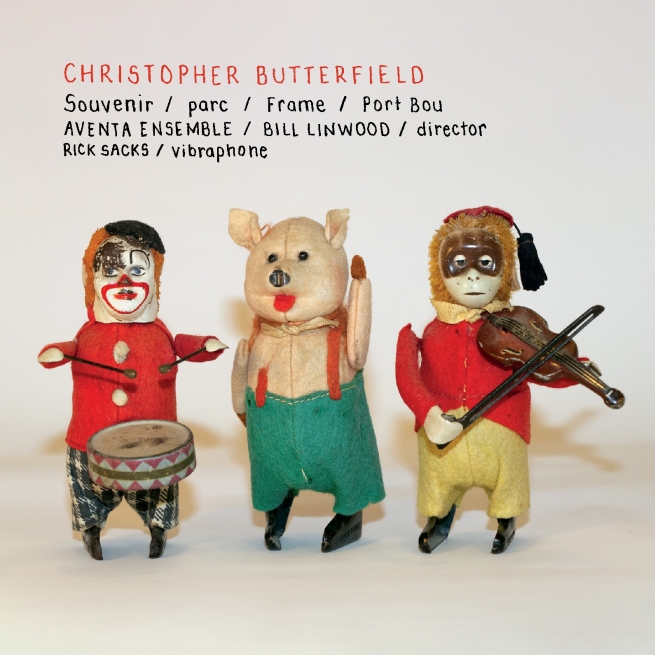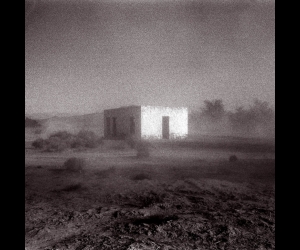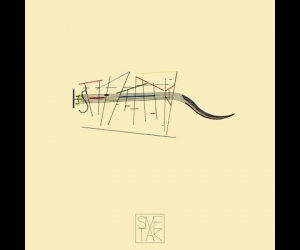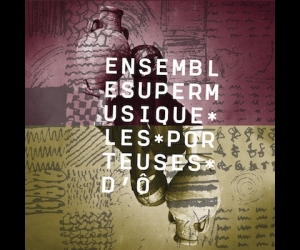
“Memory is not an instrument for exploring the past, but its theatre,” suggested Walter Benjamin, recalling his childhood in Berlin. The music of Christopher Butterfield has, in that sense, a theatrical dimension: It enacts perspectives on the past, placing them in dynamic dialogue with the composer’s present. Butterfield’s Port Bou (2001), one of four pieces performed on this recording by the excellent Aventa Ensemble, alludes in its title to the location, in Spain, of the grave of Benjamin, that intriguing philosopher of art and arcades. In its combination of serial and chance methods and its ready embrace of found musical materials, Port Bou resonates with the systematic curiosity that Benjamin embodied. Butterfield’s music is itself a shrewd articulation of inquisitive rigour.
Overall, this release is a fascinating showcase. Butterfield, a composer , is not one to be penned in or pinned down, but the ironic wit and technical resourcefulness of his responsive and adaptable music have become, over time, its defining characteristics. Souvenir (1995) exudes serious playfulness, with the persistent piping of tree frogs filtered through a web of lively crosscurrents and unpredictable trajectories spun by Aventa’s agile instrumentalists. Parc (2013), a concerto for percussion, finds Toronto-based virtuoso Rick Sacks tussling with a musical environment fraught with disruptive surges and entropic mutations. The guest soloist thrives within a tense dialectic of order and unravelling. A Zen cosmos in miniature, Frame (2012) was inspired by John Cage’s Ryoanji, modelled after a temple garden in Kyoto. Butterfield opens up an adjacent space, where the lurking energies of narrative momentum eventually break through the restraints and containment of formal design.


